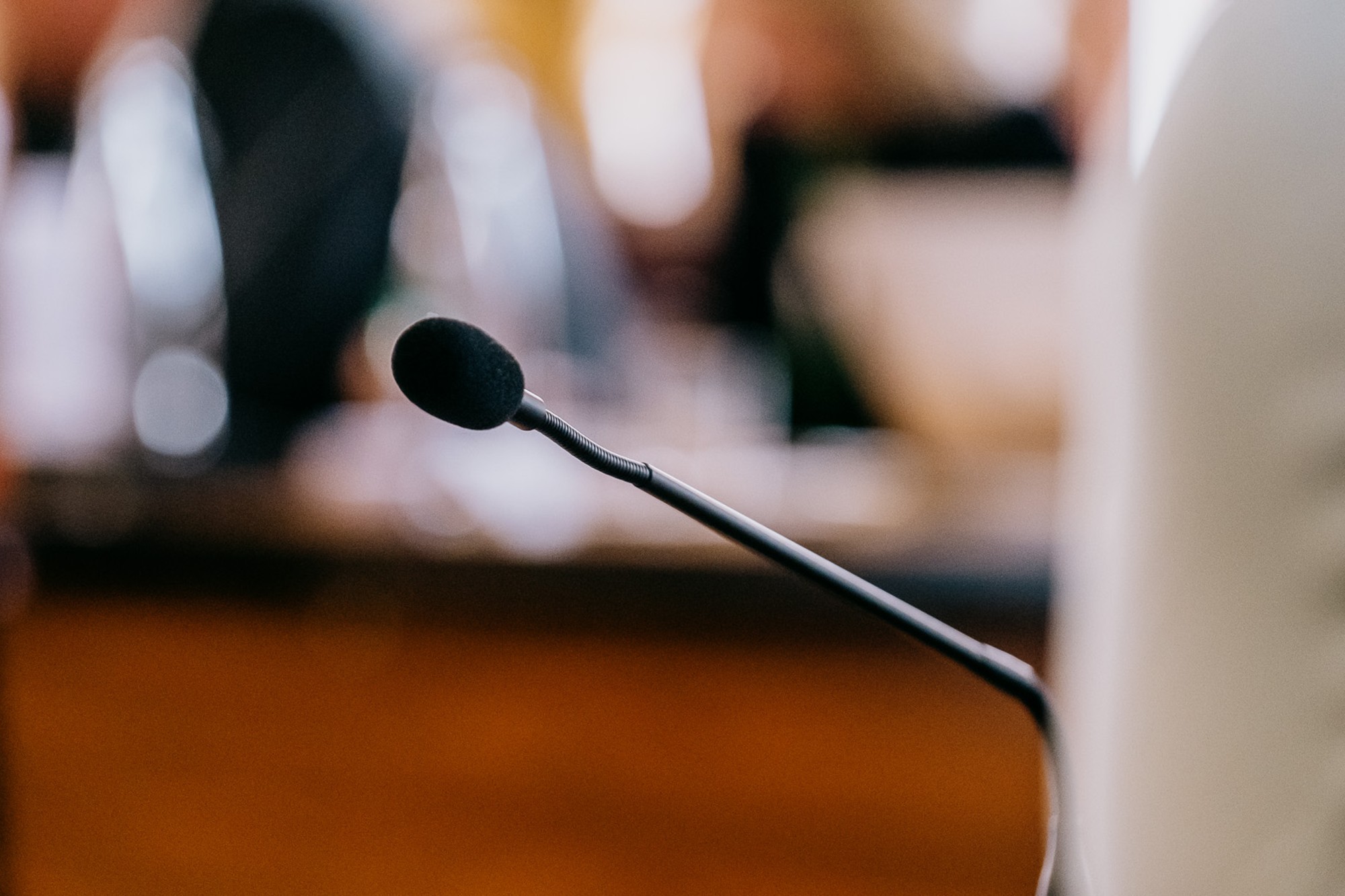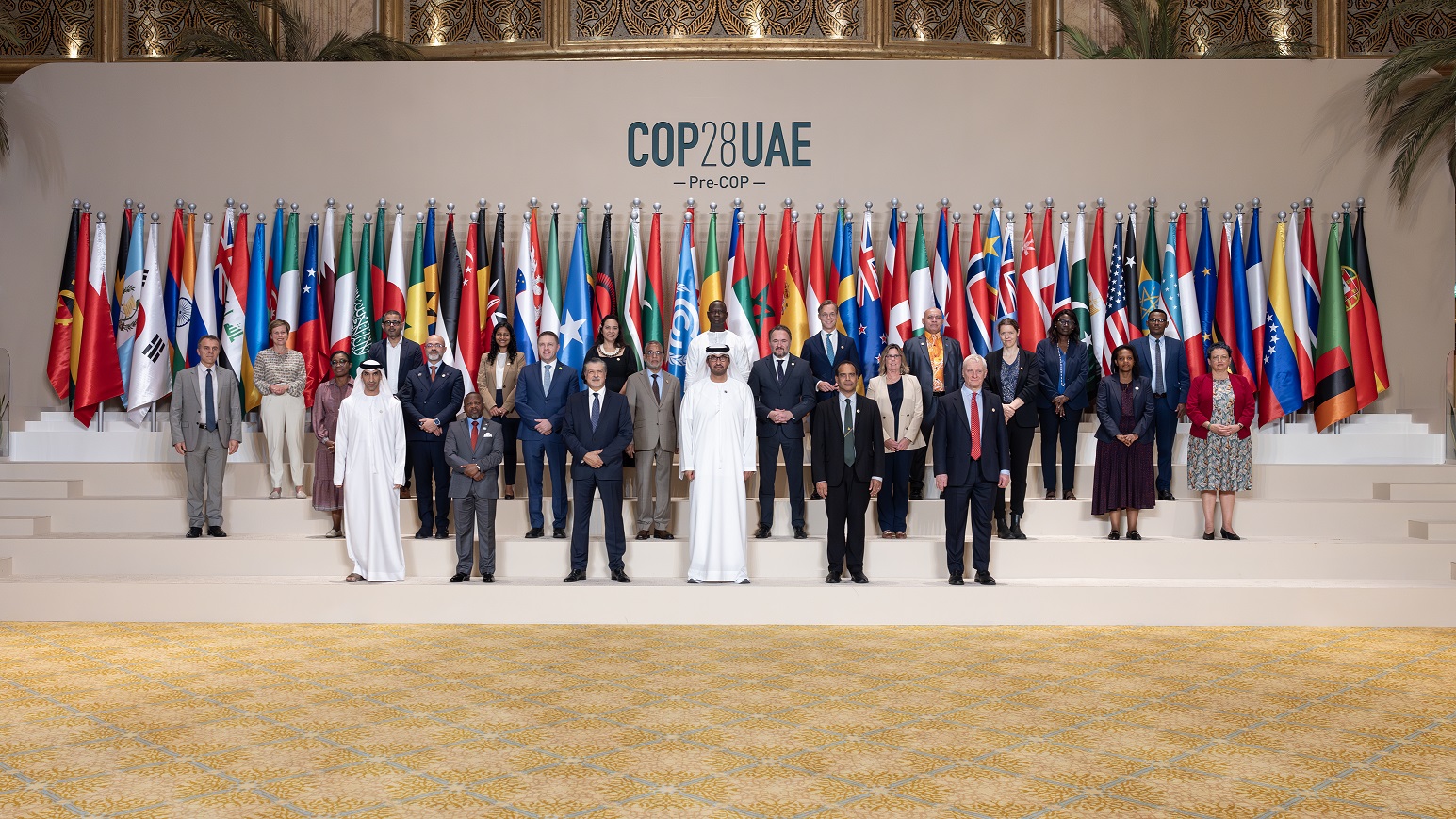How prepared are you for the ongoing climatic changes? What are you doing about climate change at a personal, collective and institutional levels, whether in the academic world or beyond?
This Wilton Park dialogue offers 30 Chevening Scholars the opportunity to discuss their perspectives on the climate emergency, their individual and collective responses and their recommendations for global action. It will provide an overview of the latest science, and consider the challenges and potential responses at the individual, community, national and international levels. The aim is to enable Chevening Scholars to broaden their own perspectives, and to develop a network amongst themselves of advocates for international action to address the consequences of climate change.
Wilton Park will organise this dialogue, in partnership with the Chevening Secretariat and the Foreign and Commonwealth Office, in the usual Wilton Park style for round-table participative discussion. Scholars will be selected from a wide variety of academic disciplines to enable a cross-sectoral conversation. They will have the opportunity to engage with climate change experts who will stimulate their discussions in plenary sessions and smaller groups. There may also be a visit to a local renewable energy generation facility.
The dialogue will take place as the internationally community gathers in Madrid for COP 25 of the United Nations Framework Convention on Climate Change, and one year ahead of COP 26 which will be held in the UK co-hosted by the UK and Italy. The discussions and recommendations will be shared with those preparing for COP 26.
Context
There is now widespread acceptance that climate change is a critical threat to the global community and that international action is needed to reduce carbon emissions, and to manage the impacts of climatic change. The projected consequences of climate change to our current way of life are far–ranging and potentially disastrous, affecting societies and countries in varied ways depending on their geographic location, and level of preparedness. Climate change will stress social, political and economic systems and test international relations as environmental pressures risk competition and conflict. Collaborative behaviours enabling action between nations will be key to finding collective solutions. Understanding different perspectives on climate change is the starting point for those collaborative behaviours.
Perspectives on climate change vary across nations and demographic groups. Nations at different stages of development have different technological capabilities and aspirations. Different political systems affect how actions to address climate change are conceived and implemented. Access to energy resources drives economic policies. Age is a trans-national factor influencing attitudes to the threat of climate change; increasing recognition that younger people have a greater vested interest in addressing the consequences of climate change is changing the demography of climate change politics.
What is the latest climate science? What are the anticipated impacts of climate change? How should individuals, communities, cities, countries and the international community prepare for climate change? How can we reduce carbon emissions effectively? How to adapt to the anticipated threats? What transformations will be needed, for example to economic development? What would a green, zero-carbon, circular economy look like? How to respond in a holistic way? What can Chevening scholars do as individuals, and as a Chevening cohort?











